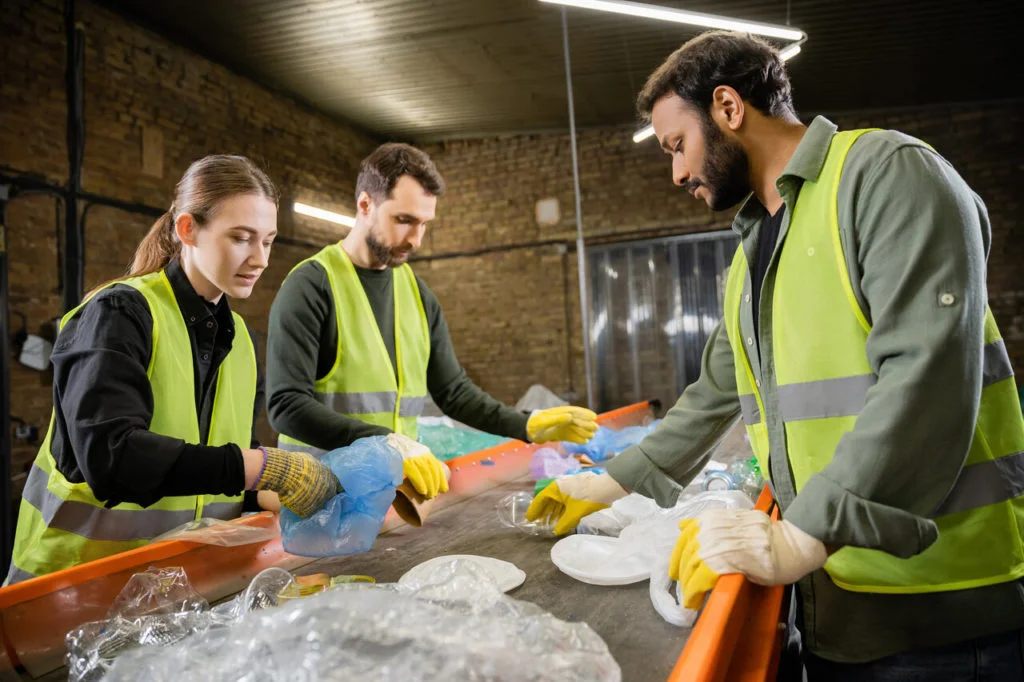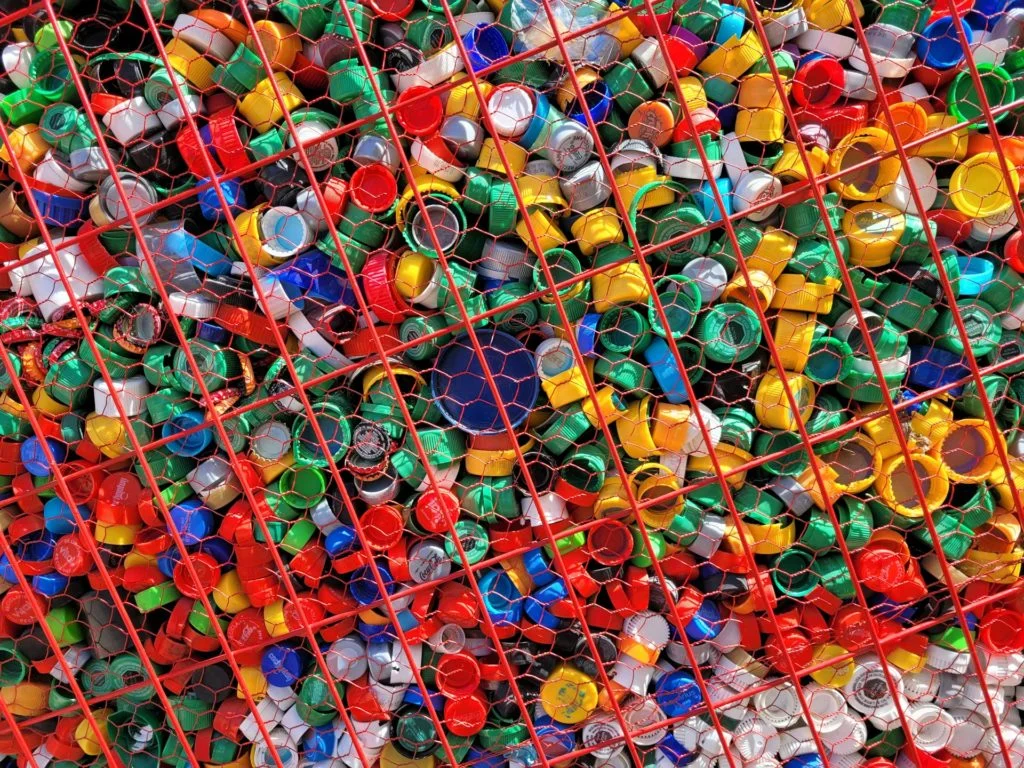The automotive industry is consistently among the frontrunners in implementing new technologies and embracing innovation. However, as the need for sustainability and efficient waste management becomes paramount for businesses worldwide, the industry must address the challenge of managing the vast amount of waste plastic generated throughout the manufacturing process.
Pulse Plastics, an innovative UK-based independent specialist plastic solution provider, recognises the transformative power of plastic reprocessing as a key driving force in creating a sustainable future for the automotive industry.
Plastic reprocessing, in contrast to ordinary recycling, entails converting waste plastic materials into high-quality, reusable raw materials that can be reintegrated into the manufacturing process. Consequently, the process establishes a closed-loop system that minimises waste, fosters sustainability, and preserves the functionality of plastic materials.
In the automotive industry context, this can pave the way for a more sustainable and environmentally responsible approach to producing automobiles and related components.
In this blog series, we will delve into the multifaceted role of plastic reprocessing in the automotive industry whilst exploring its potential benefits and challenges. We will discuss how implementing plastic reprocessing can contribute to the creation of sustainable closed-loop systems, reduce plastic waste, and maintain the high-quality standards required for automobile manufacturing.
The Significance of Sustainability in the Automotive Industry
As a global leader in innovation and progress, the automotive industry has a significant role to play in promoting and adopting sustainable practices. As environmental awareness grows and regulations increasingly emphasise sustainable waste management, the automotive industry faces the crucial challenge of managing the vast amounts of plastic waste generated throughout manufacturing processes. Pulse Plastics, an innovative UK-based specialist plastic solution provider, recognises the potential of plastic reprocessing as a key element in creating a sustainable and greener future for the automotive industry.
Understanding Plastic Reprocessing and Its Relevance to the Automotive Industry
Plastic reprocessing is a holistic process that involves converting waste plastic materials into reusable, high-quality raw materials suitable for integration back into the manufacturing process. Through establishing a closed-loop system, plastic reprocessing minimises the industry’s waste output, promotes sustainability, and retains the quality and functionality of plastic materials essential in automotive manufacturing. Key advantages of incorporating plastic reprocessing within the automotive industry include:
- Resource Management and Sustainability: The closed-loop system contributes to resource conservation, reducing the demand for new raw materials and minimising the industry’s environmental impact.
- Waste Reduction: Implementing plastic reprocessing as a core waste management strategy significantly diminishes waste output, supporting a prolonged commitment to plastic waste reduction.
- Cost Efficiency: Utilising reprocessed plastics in the manufacturing cycle can lead to material and waste disposal cost savings, optimising operations and expenses for manufacturers.
- Regulatory Compliance: Incorporating plastic reprocessing demonstrates a proactive alignment with evolving environmental regulations and a dedication to environmentally responsible manufacturing practices.
Effective Integration of Plastic Reprocessing through Collaborative Efforts
The successful integration of plastic reprocessing and closed-loop systems within the automotive industry relies on collaboration among diverse stakeholders. The following steps can guide this process:
- Identifying Waste Generation Points: Manufacturers should evaluate their production processes to pinpoint areas where plastic waste is generated, enabling targeted improvement and the development of customised reprocessing strategies.
- Partnering with Plastic Solution Providers: Establishing partnerships with expert plastic reprocessing companies, such as Pulse Plastics, ensures access to valuable expertise and resources essential for seamless integration.
- Increasing Education and Engagement: Promoting a better understanding of plastic reprocessing among industry professionals can encourage adopting sustainable practices and facilitate overall waste management improvements.
- Collaborating with Government and Industry Associations: Engaging with government agencies and industry associations can help establish a supportive regulatory environment for championing plastic reprocessing within the automotive sector.
Addressing Challenges and Enabling Positive Change
While the adoption of plastic reprocessing offers numerous benefits, it is vital for the automotive industry to recognise and address any associated challenges:
- Quality Assurance: Maintaining the quality and performance of reprocessed plastics is crucial for their successful incorporation into automotive manufacturing processes. Collaborating with reputable plastic reprocessing providers is essential for ensuring consistent quality standards.
- Investment in Infrastructure and Technology: Implementing plastic reprocessing may necessitate investments in new technologies and infrastructure upgrades to enable efficient closed-loop systems, streamlining this process through partnerships with specialist providers.
- Shifting Perception and Overcoming Misconceptions: Dispelling reservations about the use of reprocessed plastics requires raising awareness about the environmental and economic benefits of plastic reprocessing and promoting its adoption across the industry.
The automotive industry can actively contribute to a sustainable future by collaborating effectively and addressing these challenges.
Conclusion
Plastic reprocessing presents a transformative solution to the pressing issue of plastic waste management in the automotive industry. By implementing this advanced waste management practice, the industry can address environmental concerns and regulations and benefit from resource conservation, waste reduction, and cost savings. Collaboration between automotive manufacturers and plastic solution providers, such as Pulse Plastics, is vital for successfully integrating plastic reprocessing and closed-loop systems.
Looking for sustainable plastic processing solutions for the automotive industry? Look no further than Pulse Plastics! Our innovative plastic reprocessing and closed-loop systems are designed to help you drive sustainability and reduce waste in your operations. Trust our team of experts to provide you with the cutting-edge solutions you need to stay ahead of the competition and meet your environmental goals.
Contact us today to learn more about our plastics reprocessing services and how we can help you achieve success.


